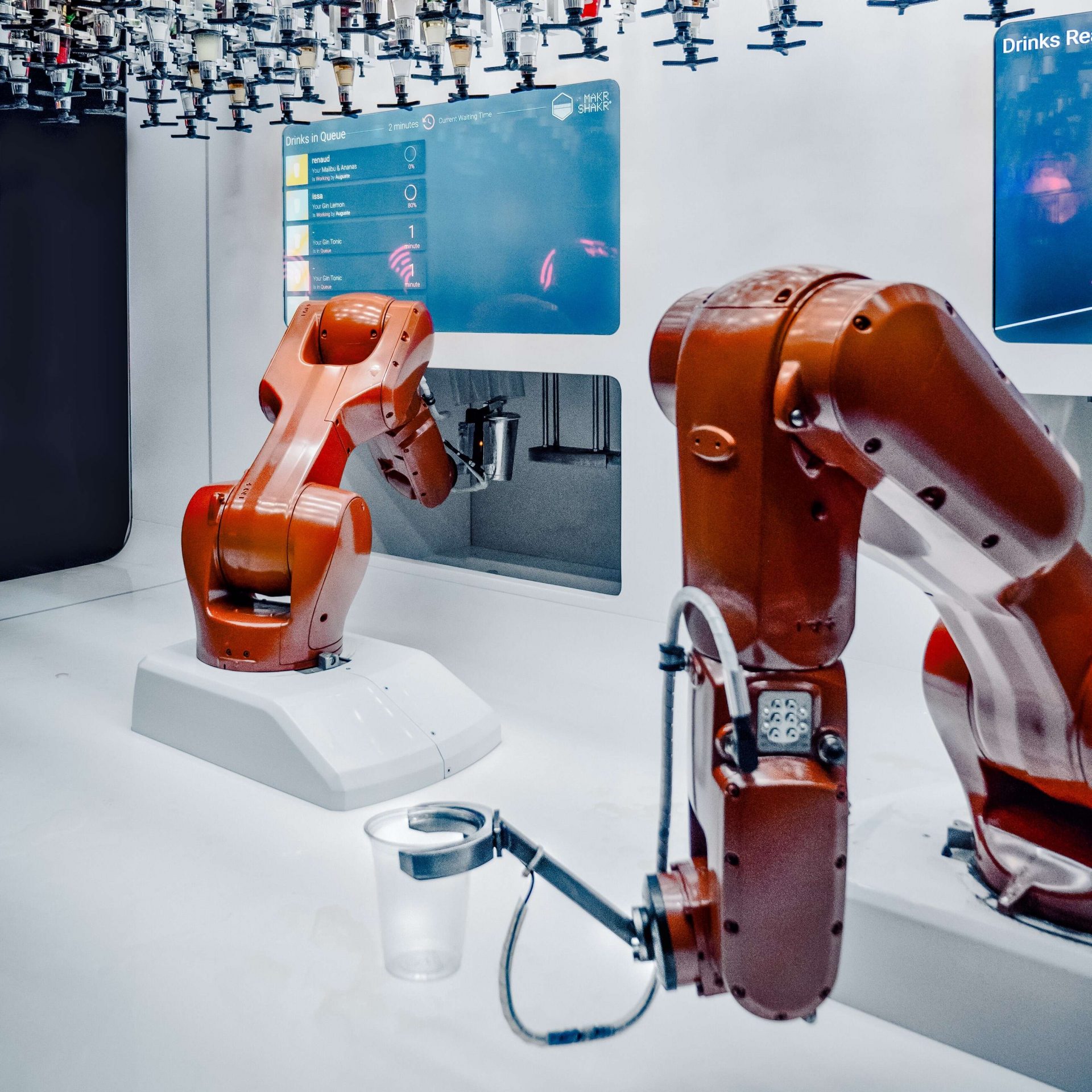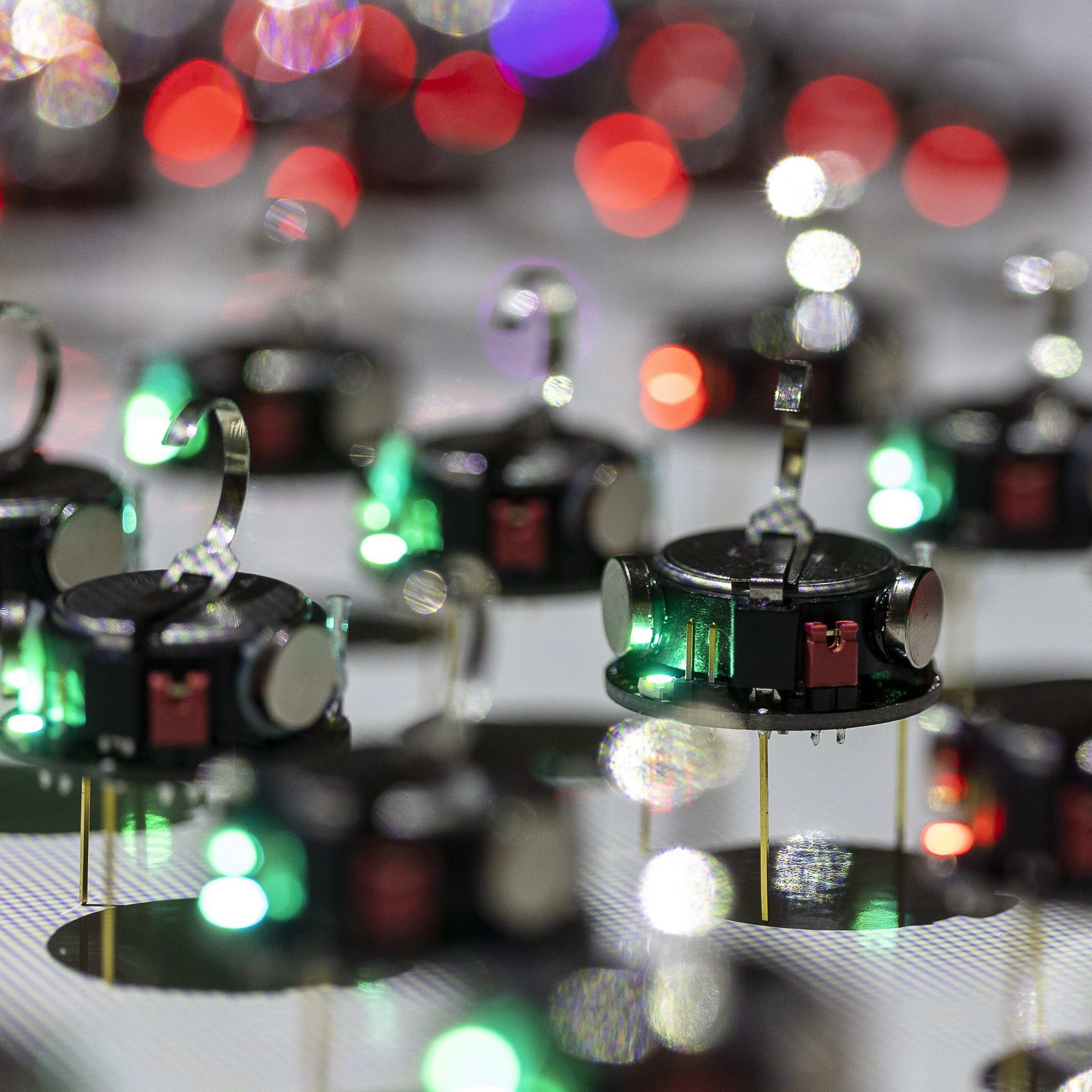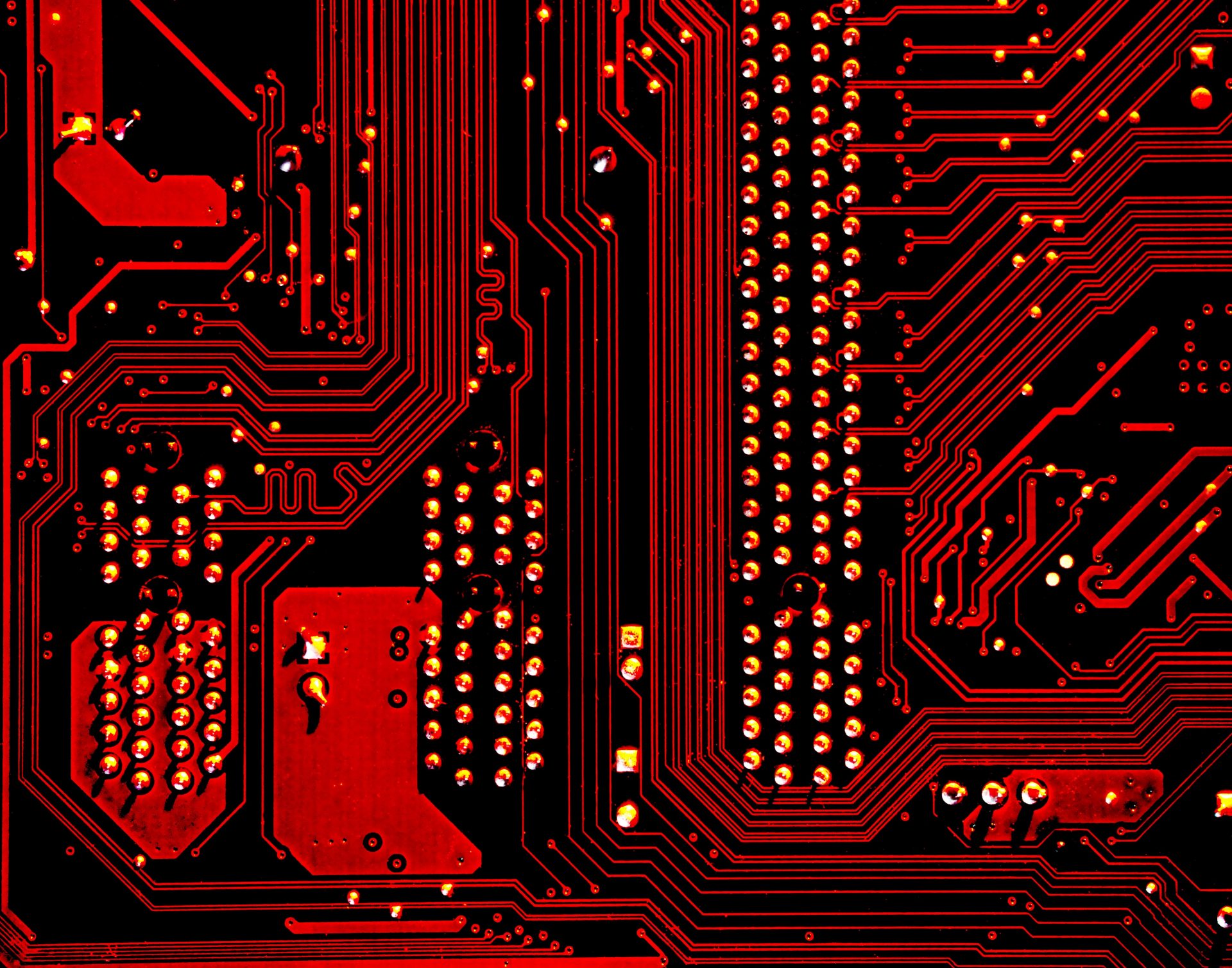
Scott Robins (Bonn University), “What Machines Shouldn’t Do”
Abstract: From writing essays to evaluating potential hires, machines are doing a lot these days. In all spheres of life, it seems that machines are being delegated more and more

Abstract: From writing essays to evaluating potential hires, machines are doing a lot these days. In all spheres of life, it seems that machines are being delegated more and more

Abstract: I investigate how large groups of simple robots can reach a consensus with decentralized minimalistic algorithms. Simple robots can be useful in nanorobotics and in scenarios with low-cost requirements.

Abstract: Biological intelligent systems manifest their intelligence in physical interactions with other agents and with their environment. Such interactions require embodiment. Intelligence, both artificial and biological, also requires some kind

Abstract: This talk will be targeting junior postdocs and phd at their final stages. It will be a short and brief introduction to the major options for grants (those aiming

Abstract: The capabilities of AI systems are improving rapidly, and these systems are being deployed in increasingly complex and high-stakes contexts, from self-driving cars to the detection of medical conditions.

Abstract: The classic view of nature is one of a deathly struggle for existence. Yet, throughout nature, organisms cooperate with each other. Mutualisms – mutually beneficial interactions between species -

Abstract: In this talk, Dr. Jung will focus on the three key principles of good time management: defining priorities, managing expectations and developing routines that work. Following the lecture, the

Abstract: The recent success in Computer Vision has been mostly attributed to improved results using deep learning models trained on large labeled datasets. Many of these datasets have been labeled

Abstract: Programming robots to manipulate articulated objects such as drawers, doors, or locks is a challenging task. One of the major reasons for this difficulty is that robots must physically

Abstract: It has recently been proposed that a minimal condition of intelligence is the ability to form accurate predictions (Tjøstheim & Stephens 2021). In this talk, I evaluate the promise

Abstract: Event cameras are novel bio-inspired sensors that naturally respond to motion in the scene. They have promising advantages, namely a high dynamic range, little motion blur and low latency.

Abstract: Artificial deep neural networks (DNNs) are used in many different ways to address scientific questions about how biological vision works. In spite of the wide usage of DNNs in